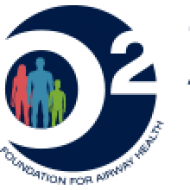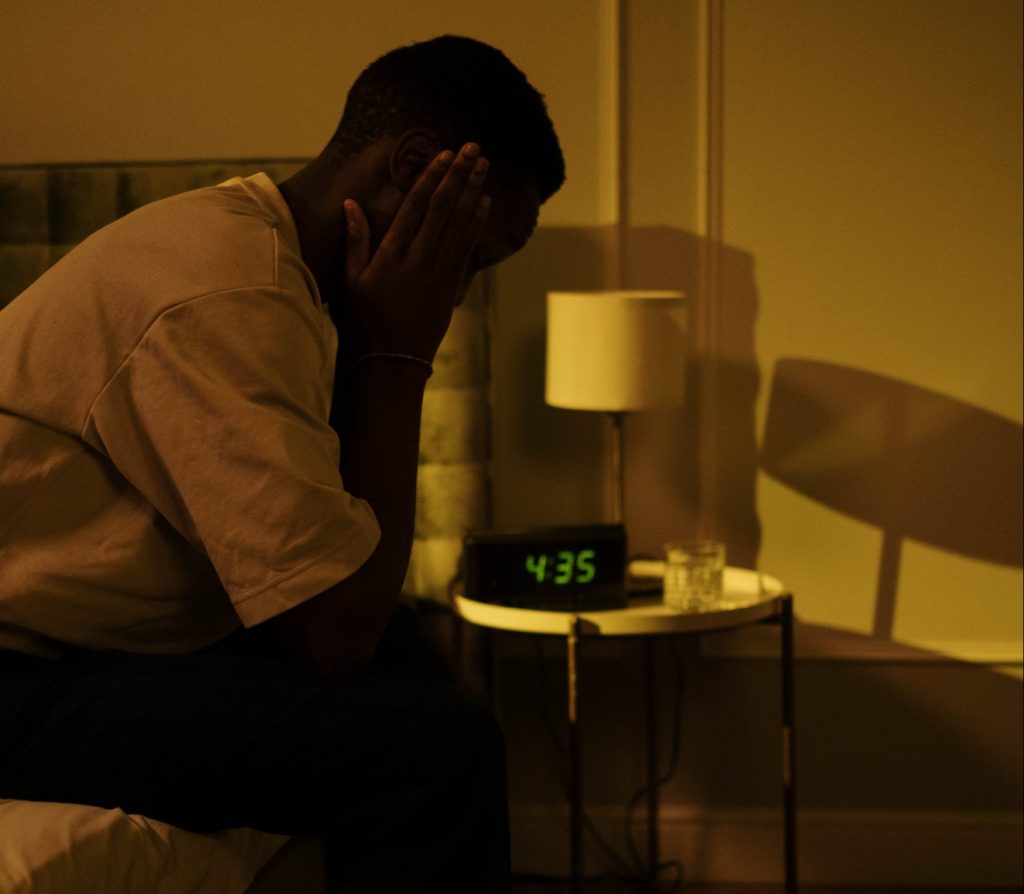By Benjamin Acosta
International Health Writer
Sleeping well during the pandemic seems like an unattainable goal at times. The current coronavirus crisis has made getting a good night’s rest that much more difficult. Hence, some experts have coined a term: “coronasomnia” or “Covid-somnia.”
We are facing a phenomenon that currently affects millions of people around the world derived from the stress caused by social isolation. Sleep problems are caused by the life experience we have during the day.
We can get better sleep with a simple breathing technique tested in 2015 by scientist Cheryl Yang and her team at National Yang-Ming University in Taiwan. They showed that 20 minutes of slow breathing exercises, six breathing cycles per minute, before bedtime significantly improves sleep.
Insomniac participants fell asleep faster, woke up less often at night and fell back to sleep faster when they woke up. On average, it only took them 10 minutes to fall asleep, almost three times faster than normal.
We can achieve this result thanks to the state of tranquility that is achieved in the nervous system in combination with the relaxing effect caused by concentrated breathing.
So, at the end of each day, disconnect your electronic devices and connect with your breath in a deep and absolutely mindful way.
Effective breathing is a central theme of Global Airway Health Day on Oct. 2, 2021. Get your free tickets today at GlobalO2Day.org.
Featured Photo by SHVETS production from Pexels


